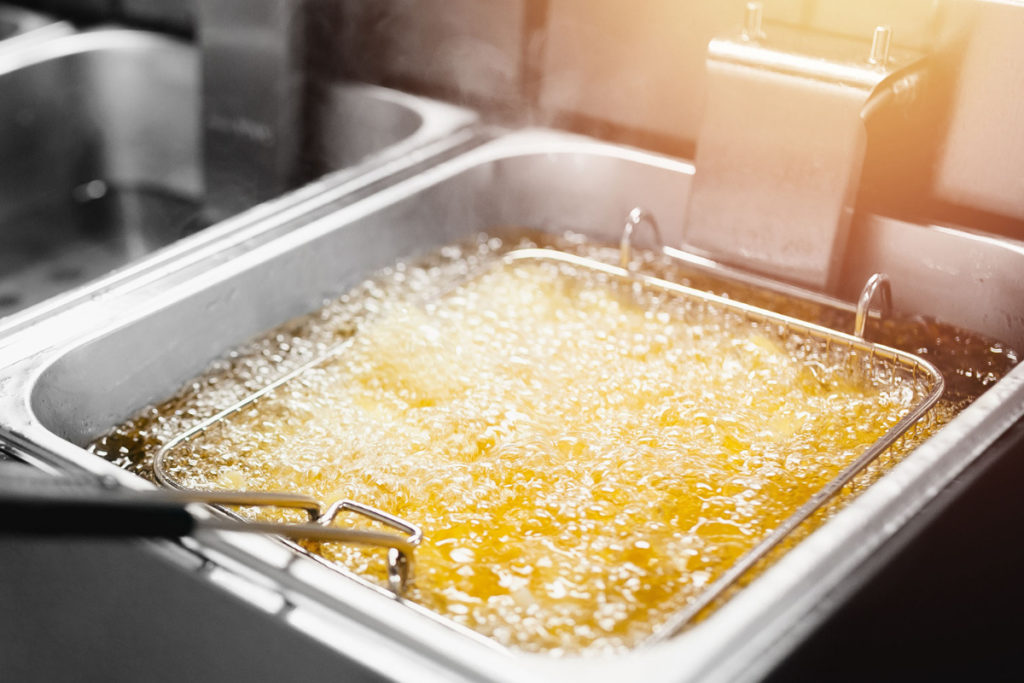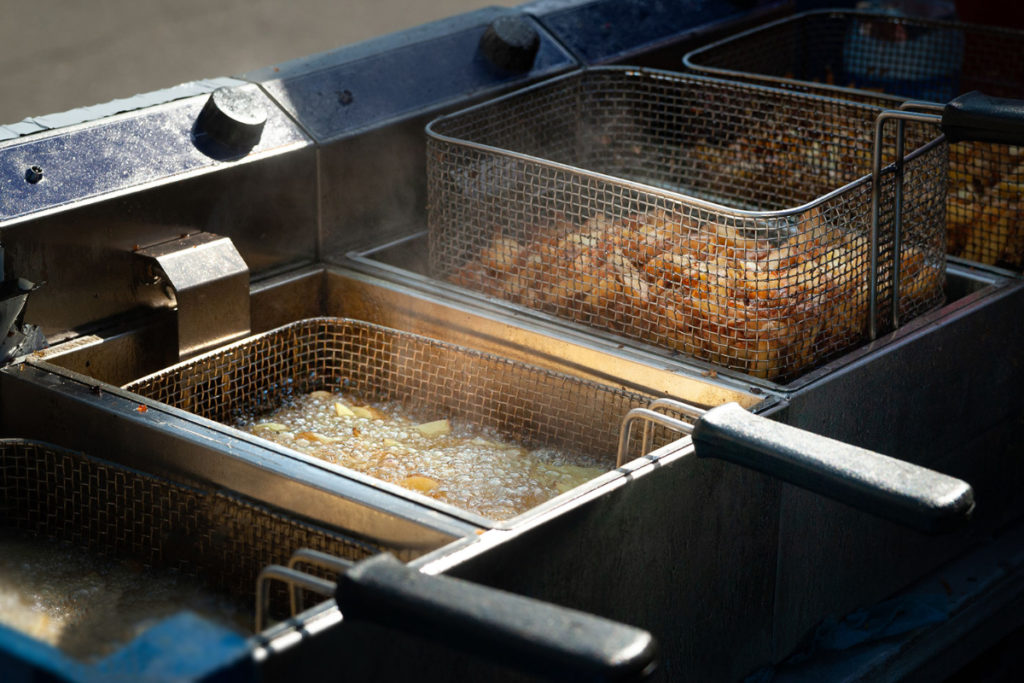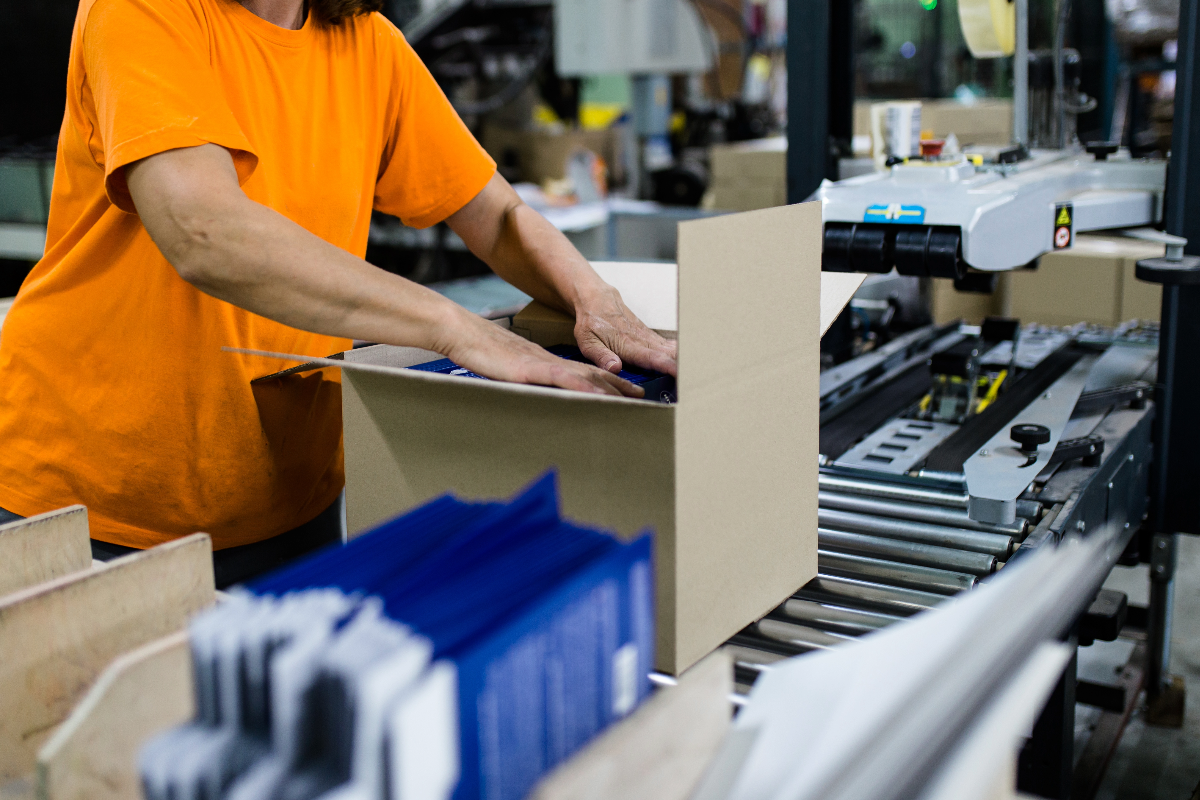BLOG
How to dispose of your waste cooking oil

If you’ve worked in a busy restaurant, you’ll know that waste cooking oil is a common sight. It’s important that you’re storing and disposing of it to protect the environment and stay compliant with legislation. But what should you do with your waste oil once it’s cooked a batch of chips?
What’s the best way to dispose of waste cooking oil?
If you’re producing waste cooking oil, you’ll need to dispose of it in line with the Food Safety Act 1990. The Food Standards Agency (FSA) put this in place by the to ensure that businesses are disposing of waste oil correctly and safely. These laws state that businesses cannot dispose of their waste cooking oil with other materials from kitchens. You should store it correctly until you have organised for a collection from a licenced waste carrier. They will then take the cooking oil to a recycling facility where it can be cleaned and turned into biofuel.
Whatever you do, you should never pour oil down your drains or sewers. This can cause damage to both the environment and your business’ plumbing system. If you’re pouring your cooking oil down any drains or sewers, you could face hefty fines or even prosecution.
How should you store waste cooking oil?
Before it’s collected, your waste cooking oil needs to be disposed of correctly to keep you and the environment safe. You need to store it in a secure container which has a lid and should be leak-free. The type of container your business needs depends on how much waste you’re producing. If you’re producing a lot of waste oil, drums or barrels might be the best option for your business.


Can waste cooking oil be recycled?
Like most things, recycling your cooking oil is possible. Once your oil has been collected, it’ll be taken to an oil processing site. Here, any food particles are removed as well as any water contaminating the oil. What’s remaining will go through testing and analysis to determine the quality and value. It will then go to a bio-refinery where the oil is recycled. It will go through a series of refinement, reaction, and separation processes. These will convert the waste oil into biodiesel, a clean, clear, and low-odour alternative to diesel fuel.
Why should you recycle waste cooking oil?
Recycling your cooking oil reduces the amount of waste that ends up in landfill, helping us to make the most of the planet’s limited resources. By recycling your waste oil, it can go on to have a second life as a renewable energy source that’s a more environmentally friendly alternative to petrol or diesel fuel.
If your cooking oil mixes with other materials, it could contaminate it. This makes recycling all your other waste streams more difficult. Not only could it be contaminating your general waste, but it could also be damaging the environment too. If oil gets into land or watercourses, it could be incredibly damaging to ecosystems.
Also, if you’re recycling your used oil, you’re preventing any damage that may come from pouring it down the drain or in sewers. If you pour your hot oil into drains, it will cool and form a solid, creating ‘fat bergs’ and blocking pipes. Recycling your cooking oil can also save you from forking out for any expensive plumbing repairs caused by blocked drains.
Contact us
Is your restaurant looking for a sustainable solution for its waste cooking oil? Flame UK can provide oil recycling for your hospitality venue as well as a full food waste management plan. Contact our team of experts today to find out more.




